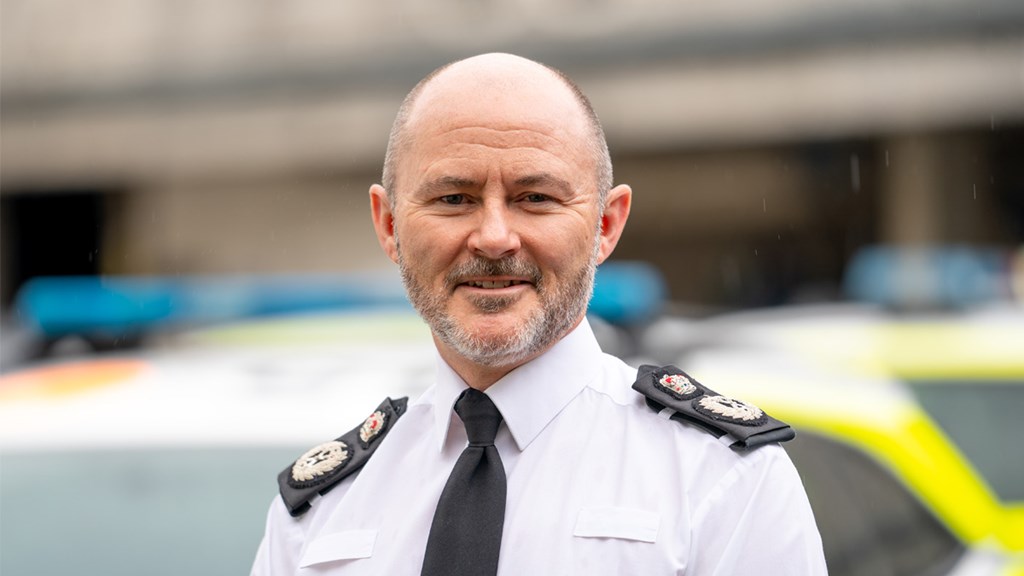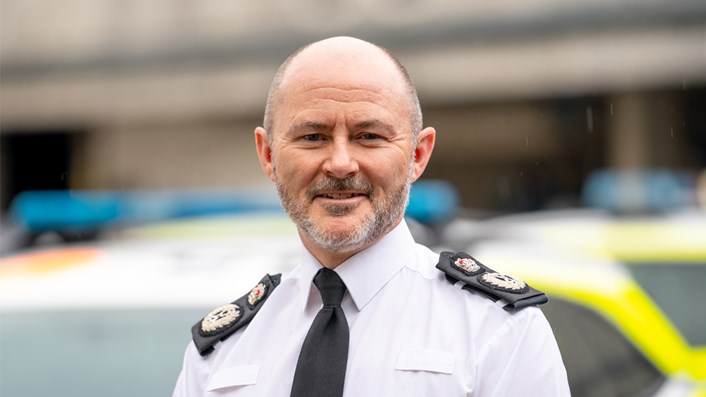
31 Aug 2023
Chief constables to have stronger say in who is fit to serve
NPCC Chair gives his view on changes to the dismissals process
"I have always been incredibly proud to be a police officer, and if I could join again tomorrow as a new recruit I would. Policing remains a wonderful vocation, which is made all the more rewarding when the trust and confidence of communities is earned. It is essential to preventing crime, gathering evidence for high quality investigations and ensuring successful prosecutions to get justice for victims.
"It has always been true that policing cannot succeed without the consent of communities.
"Fundamental to this is setting the very highest professional standards, and having fair, robust, timely and transparent processes to take decisive action when misconduct happens.
"It is not just the horror of the headline cases in recent years that has undermined confidence; it is also the cases of discriminatory behaviour, self-interest over public interest, and abuse of authority.
"Officers involved in such behaviour let down the thousands of dedicated police officers, staff and volunteers who are committed to helping victims, catching criminals, and keeping people safe. It undermines our pride, which we value so much in keeping us motivated to do often difficult and dangerous work.
"In line with our requests, chief constables will have more responsibility and a much stronger say in who is fit to serve.
"To date, most gross misconduct hearings have been run by Legally Qualified Chairs. On some occasions, if incontrovertible evidence was present, chief constables have led proceedings, but this is often not the case.
"Under the previous process, an officer could be found to have committed gross misconduct - that is conduct so serious dismissal would be justified - yet the chief constable was powerless to sack that officer if the hearing panel did not think it was appropriate to do so. This is despite being the employer.
"Now, if an officer is found to have committed gross misconduct or fails vetting, they will be dismissed. It is what chief constables have wanted, and what the public would rightly expect.
"And if you look at the data, that does the talking. On occasions when chief constables have led a hearing, 93 per cent of cases where gross misconduct has been proven have resulted in the officer being dismissed and barred from wearing the uniform ever again.
"In comparison, LQCs have dismissed just 66 per cent of officers proven to have committed gross misconduct. The difference is stark, and once again demonstrates the commitment of chief officers to setting high standards and earning public confidence.
"It is also important to stress these changes have undergone much consultation and careful consideration. Like any employment process it must remain fair, balanced and transparent for all involved.
"There will remain a high degree of independence involved with a legally qualified professional and independent member on the panel as well as the right to appeal through the police appeals tribunal.
"Ultimately, it is only right that the head of a profession should have responsibility for who works in that profession and I know I speak for all of my colleagues when I say we are resolutely committed to ensuring our officers, staff and volunteers always meet the very highest standards."
Contact information
Communications office
By phone: 0800 538 5058
By email: press.office@npcc.police.uk

